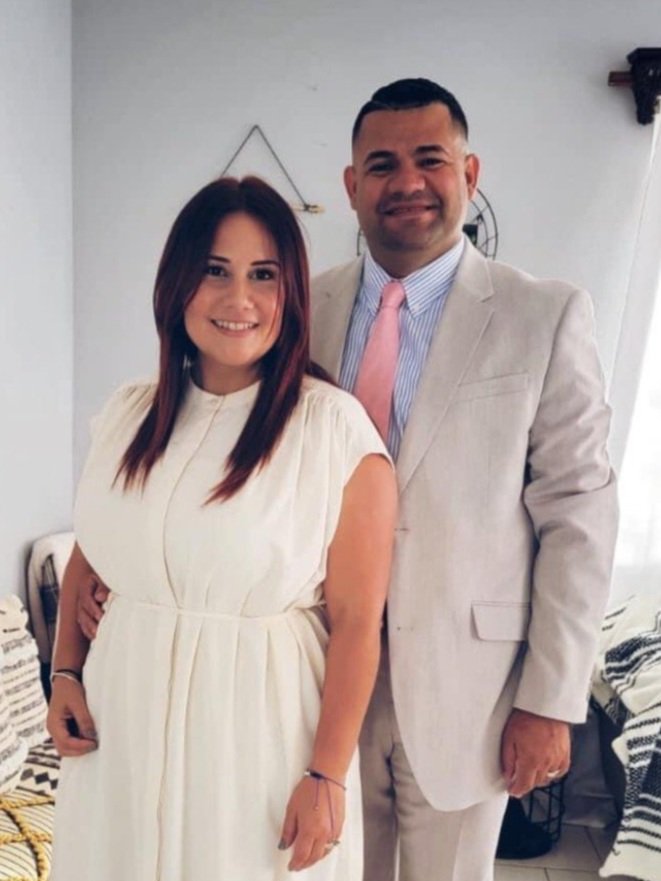Global Mission without Cultural Domination
JANUARY 15, 2024
Coming alongside, without taking over is how Jonathan García Rodriquez and Melanie Quiñones Hernandez are sharing the gospel throughout the world.
An emphasis on missions is a passion Jonathan García Rodriquez (M.Div.’21) and his wife, Melanie Quiñones Hernandez (MAM ’21) received from their Pentecostal upbringing. Ways to serve globally without being colonizers is what they found at McCormick.
“We learned that we can be both mission-minded and honoring of the context of other people,” begins García Rodriquez. “McCormick gave us perspective…new ways to offer ministry. First, we learned by being with many cultures and people at McCormick…and then by understanding liberation theology concepts and its emphasis on helping people in need.”
Supporting what pastors are already doing in and for their communities is one way García Rodriquez and Quiñones Hernandez find openings to build relationships and discover what the people in a community have determined are their needs. “We don’t go into a country to do something new,” says Quiñones Hernandez. “It’s not our plans, projects, or agendas…we don’t impose…we do what they are doing.”
In Nepal, García Rodriquez recalls that the ministry leaders wanted to provide safe houses for kids who are targeted by human traffickers, so that’s what they worked on. In Vietnam, the pastors were focused on orphanages and that became their focus, too. One of the ministries in Hong Kong was for women who had experienced trauma. There was someone on the mission team who could offer counseling. “It’s always how can we help, and if there is an interest, offer training, ideas, and biblical encouragement that can help them expand on what they are doing,” he says.
García Rodriquez and Quiñones Hernandez have been serving in global ministry since they were in their 20s. During that time, they have traveled to more than 50 countries on six continents. It's not unusual for ministries in various parts of the world to be skeptical of foreign assistance, he notes, “but that changes when they see our intentions. We support their existing initiatives…we just try to be in the community, eating with them…living with them…serving with them.”
A big part of international ministry is respect for the people we serve with and for, shares Quiñones Hernandez. “[In Western countries], people like to put on events,” she explains. “In other countries, we might not be able to put on events, or the people are not interested in events. The gospel is delivered by doing something with the people.”
Together, García Rodriquez and Quiñones Hernandez pastor Iglesia de Dios Pentecostal in San Juan, Puerto Rico where they are equipping others to serve on a global level. Two members of the church are currently enrolled in McCormick’s online master’s in theology program.
In 2014, they founded Aliento a Las Naciones, an organization that trains youth, mission leaders, pastors, and churches for evangelism. Over the past nine years, more than one thousand students have attended its programs in Utah, Florida, Indiana, California, Dominican Republic, and Puerto Rico. “When I travel, when I see the needs in many countries, it strengthens my commitment to global ministries,” says García Rodriquez, who was the first graduate to receive McCormick’s S. Kim and Mae Leach Award, given to a graduate who brings the wisdom of history to urban ministry. “With our global ministry, we want to show that God is not for this country or that country…God is for the world.”
Jonathan García Rodriquez (M.Div.’21) & Melanie Quiñones Hernandez (MAM ’21)


